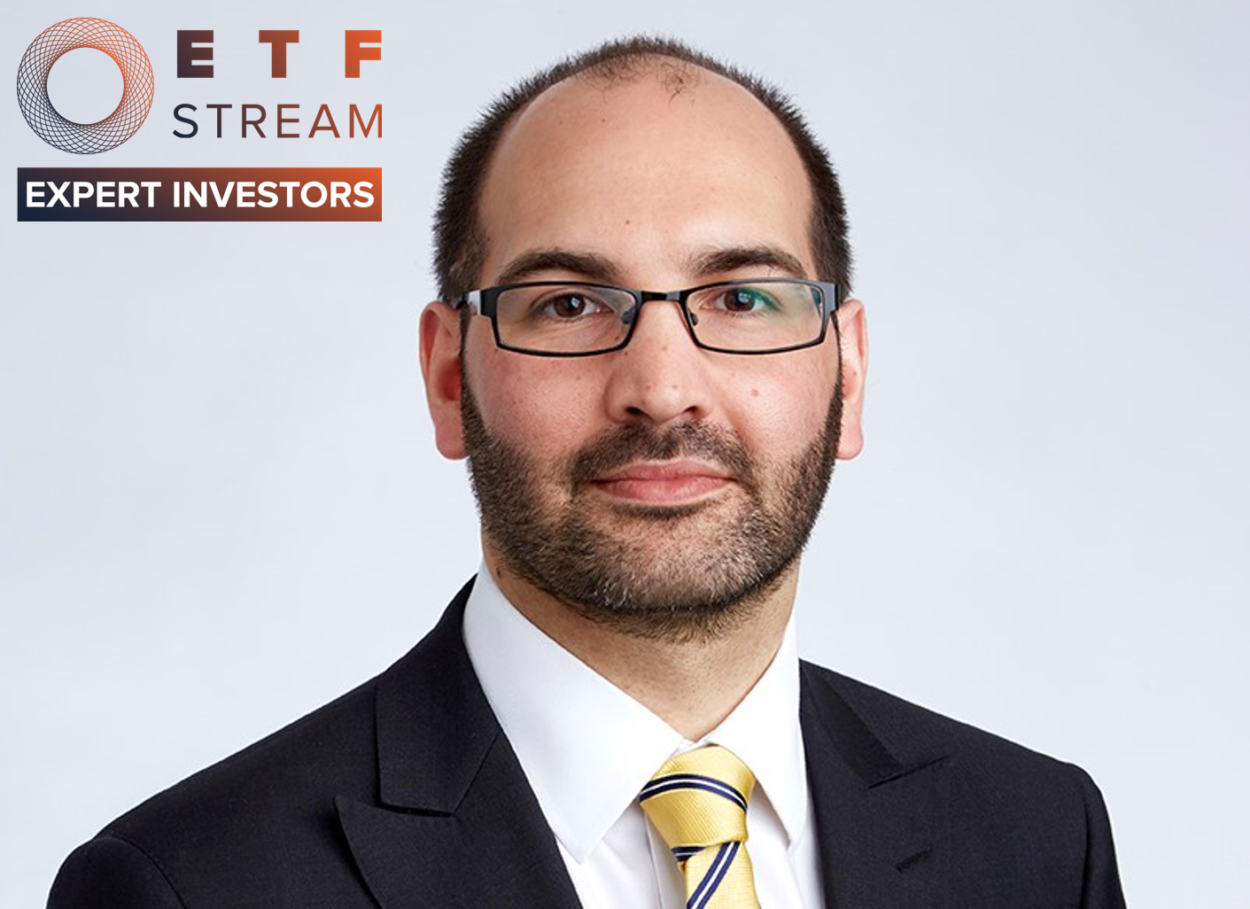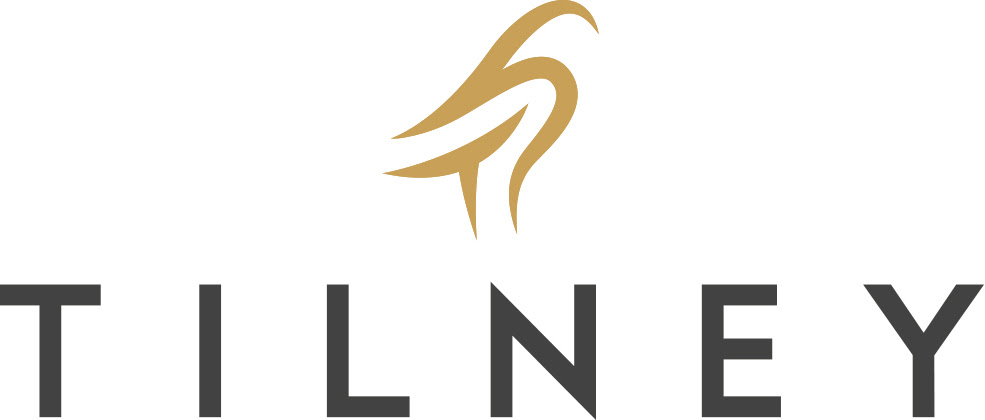Expert investors is a new series
brought to you by ETF Stream where on a fortnightly basis we interview the key individuals from across the fund selection and research space about the ETF industry.
Fund selection plays a crucial role in portfolio construction. Once the asset allocation decision has been made, these individuals need to decide how they want to be exposed, be it through a mutual fund, investment trust or ETF.
Over the years, ETFs are becoming an increasingly important part of any investors’ toolkit. This series will show how the key players across the fund selection space use ETFs in their portfolios while asking what more can be done by the ETF providers to help with this increasing adoption.
Next in the hot seat is Ben Seager-Scott, head of multi-asset at Tilney, a stalwart of the wealth management industry. He joined the firm in 2011 from Whitechurch Securities and has held a number of roles at Tilney in its various form including senior research analyst, director of investment strategy and chief investment strategist.
How much of your portfolio is made-up of ETFs/index funds?
It very much depends on the portfolio range and mandate. I manage one fund range that uses active asset allocation with passive tools which is obviously fully ETFs/index/passive underlying funds (not wanting to get into the complexities of defining ‘passive’ here).
More broadly for my mainstream portfolios, I generally have a core of active managers in which my fund analyst team has high, evidence-based conviction can add value after fees through the market cycle. I supplement these with passive instruments, typically ETFs, which allows me to implement more tactical trades and fine-tune my exposures. These typically account for 10-20% of my mainstream portfolios.
When did you start investing in ETFs?
I have used ETFs for about as long as I have been in the industry, which is a little over twelve years. They have always proved really useful tools for expressing asset allocation views.
As the ETF industry has developed, many more tools have become available offering ever more precision in executing an investment strategy.
Which asset classes do you tend to invest in through ETFs?
I would consider most mainstream asset classes as fair game for investment via an ETF, assuming they pass due diligence.
Clearly the most appropriate asset classes are the more plain vanilla and liquid areas such as large-cap UK and US equities, government bonds and, via ETCs, precious metals such as physical gold.
However, there is a case for most major equity and fixed income markets in an ETF format where there is reasonable liquidity.
Which areas would you avoid?
Some of the least liquid areas, such as commercial property and private equity, do not work to my mind. Also, anything that is too opaque or overly complex, such as hedge fund strategies, are areas I would not be comfortable within an ETF format (though long-short equity factor exposure could be potentially interesting).
What is your methodology for selecting ETFs?
I have a pretty detailed due diligence process, which is roughly split between doing research on the investment methodology and research on the instrument itself.
When looking at the investment methodology, I am looking for whether there is an investible difference between otherwise similar market exposures, and ensuring I understand the final details of the investment approach. This is to ensure I am getting the most appropriate exposure.
Expert Investors: Dan Kemp of Morningstar
For more sophisticated strategies, it is important to fully understand the methodology and the likely consequences in different market conditions, and in some ways testing the methodology to destruction – what would it take for the methodology to give a really crazy end portfolio.
On the instrument side, there is a lot of work to be done in getting under the bonnet of an ETF, looking at the structure, counter-parties, securities lending, trading characteristics, etc.
It is important to do these independently of the provider – for example, assessing costs to the fund as a rolling tracking difference rather than the reported OCF, reviewing the liquidity of both the ETF and underlying instruments, and carrying out independent trading analysis to determine the most effective way to implement a trade.
The aim is to implement the investment strategy as efficiently as possible, based on genuine performance for the client after all associated implicit and explicit costs.
What ETF products would you like to see more of?
There is still more work to be done to build out the fixed income offerings available, looking to provide more precise control of exposures to elements such as credit risk and industry risk. I would also be interested to see whether long-short equity factor strategies could be feasible.
Are there any areas ETF providers could improve?
Some of the issuers could integrate their ETF sales force with their wider sales force a bit better – sometimes, even when talking to an index tracker salesperson, I am referred on to someone else to talk about ETFs. There should be a much bigger push to bring ETFs and their benefits to more of the retail public, particularly via platforms and IFAs.
Expert investors is a new series brought to you by ETF Stream where on a fortnightly basis we interview the key individuals from across the fund selection and research space about the ETF industry.
To read the previous edition of Expert Investors with Irene Bauer of Twenty20 Investments, click here.



